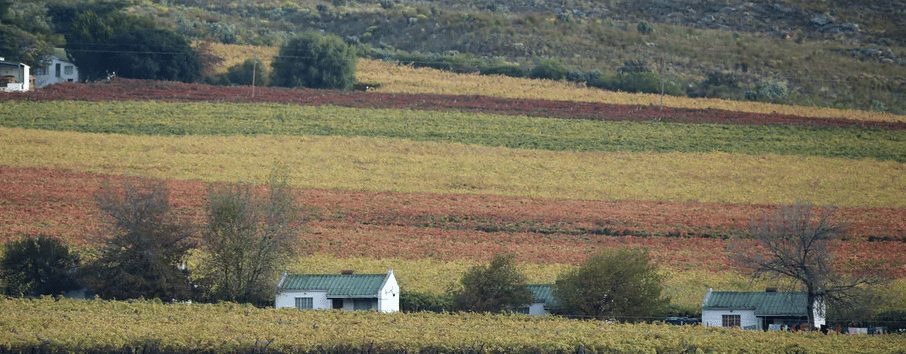Source: Marianne Merten, Daily Maverick, 27 June 2021, photo credit: Reuters/Mike Hutchings/The Conversation
On Friday, 2 July, Parliament’s Ad Hoc Committee to Initiate and Introduce Legislation to Amend Section 25 of the Constitution — yes, that’s the proper name — will, again, meet to try to iron out what has to date been fundamental disagreement on expropriation without compensation.
While the ANC and EFF have found themselves somewhat closer, even agreeing on state custodianship of land in name, if not content, by the end of May 2021, the past weeks have failed to finalise deliberations.
It may yet get to the point where agreement remains evasive, leaving the Constitution 18th Amendment Bill dangling.
The fall-back?
The ANC could blame the EFF for scuppering the process, along with the DA’s opposition to any constitutional amendment, and then shift gear to focus on passing the Expropriation Bill, which sets out the possibility of, for example, compensationless expropriation of state land, abandoned land or that held for speculative purposes.
That democratic Expropriation Bill, to finally replace the apartheid-era act, is well advanced in the legislative pipeline at Parliament — and it doesn’t need a special majority in the House, as does a constitutional amendment, particularly one that amends the Bill of Rights.
Because beneath the stalling on the constitutional amendment of Section 25 lie the numbers — the ANC needs the EFF’s 44 seats in addition to its own 230 in the House to make the minimum two-thirds support threshold. If this rises to the 75% many constitutional observers argue is needed because the Bill of Rights is to be amended, more votes are needed.
That’s how the numbers have always stacked up in South Africa’s supercharged politicking. And those numbers have been used by the EFF as a springboard to push state custodianship of land, or effective nationalisation in line with its policy of state land ownership.
Read more
The South African Pork Producers’ Organisation (SAPPO) coordinates industry interventions and collaboratively manages risks in the value chain to enable the sustainability and profitability of pork producers in South Africa.
















